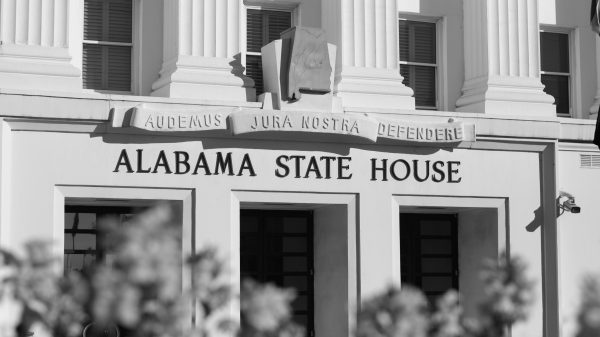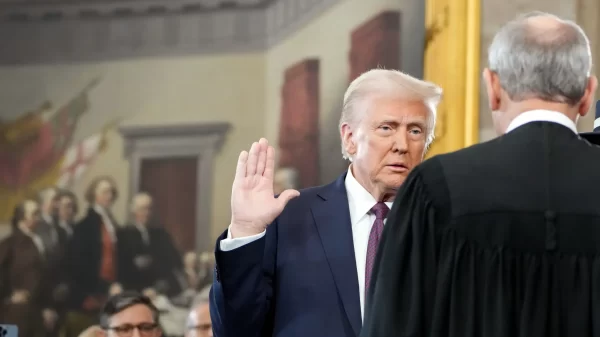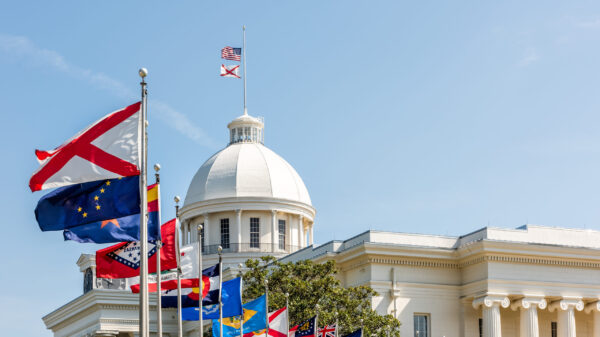
By Bill Britt
Alabama Political Reporter
MONTGOMERY—On October 1, 2015, the day before Judge William Shashy ruled the machines played at VictoryLand were legal, the Alabama Supreme Court refused to answer Gov. Robert Bentley’s question on the effect a lottery would have on gaming in Alabama.
The Poarch Band of Creek Indians (PCI), along with the Alabama Law Institute, have been spreading the idea that if Alabama authorizes a lottery, then the PCI would be allowed slots and table games.
The question posed by Gov. Bentley was also asked in 2007, by then Speaker of the Florida House of Representatives, Marco Rubio.
The Rubio Opinion does a good job explaining why, what is being rumored by the tribe, is simply not the case.
Florida’s Attorney General answered the question: Where state law authorizes only certain Class III gaming activities, does the Indian Gaming Regulatory Act mandate that a state negotiate with a tribe over Class III gaming activities that are specifically prohibited by state law?
In the Rubio Opinion, Florida’s Attorney General states, “The Secretary of the Interior has stated in commenting on the proposed rules codified at 25 Code of Federal Regulations Part 291: IGRA thus makes it unlawful for Tribes to operate particular Class III games that State law completely and affirmatively prohibits. Courts have determined that a State therefore has no duty to negotiate with respect to such games. See Rumsey Indian Rancheria, supra. 19 (e.s.) Thus, it appears that it is the position of the Secretary of Interior that IGRA does not require a state that authorizes some, but not all, Class III gaming activities, to negotiate with a tribe over Class III gaming activities prohibited by state law. It is, therefore, my opinion, in light of the greater weight of federal case law and the Department of the Interior’s interpretation of IGRA, that Class III gaming activities subject to mandatory negotiations between a state and an Indian tribe do not include those specifically prohibited by state law.”
Stated another way, the only type of Class III gaming that is currently legal in Alabama is pari-mutuel wagering on greyhounds and horses. Therefore, if the State wants to enter into a compact with the PCI for Class III gaming, they are limited to authorizing pari-mutuel wagering. Passage of a lottery would not allow the PCI to operate slot machines or table games because those are currently and specifically prohibited under Alabama law.
PCI should be aware of this opinion, because they have been trying to force a compact with Florida, that would allow table games at the tribes Gretna, Florida facility.
The tribe’s attorneys have reportedly met with Governor Bentley’s legal advisors.
Have lawyers for PCI shared this information with the Governor’s people?
The Rubio Opinion seems to make it clear: in order for PCI to have table games and slots, then Alabama must first allow others like VictoryLand and Greenetrack to have slots and table games.





















































